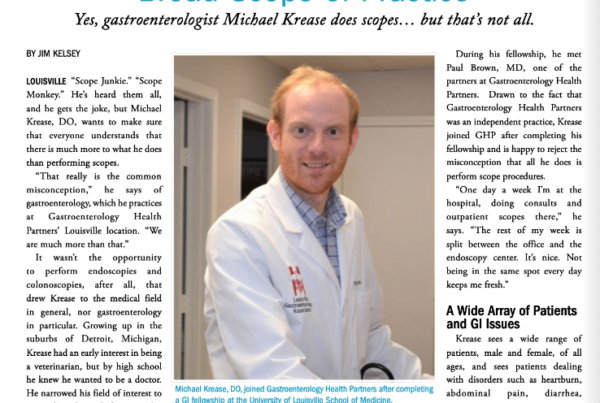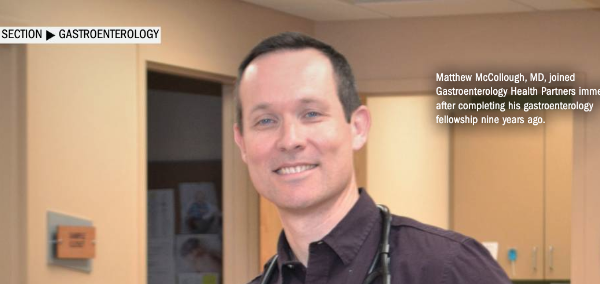
Dr. Michael Krease on a Broad Scope of Practice
April 9, 2020
Dr. Michael Krease on a Broad Scope of Practice
Dr. Michael Krease was recently featured in an MD-Update Magazine article where he discussed broadening…






Recent Comments